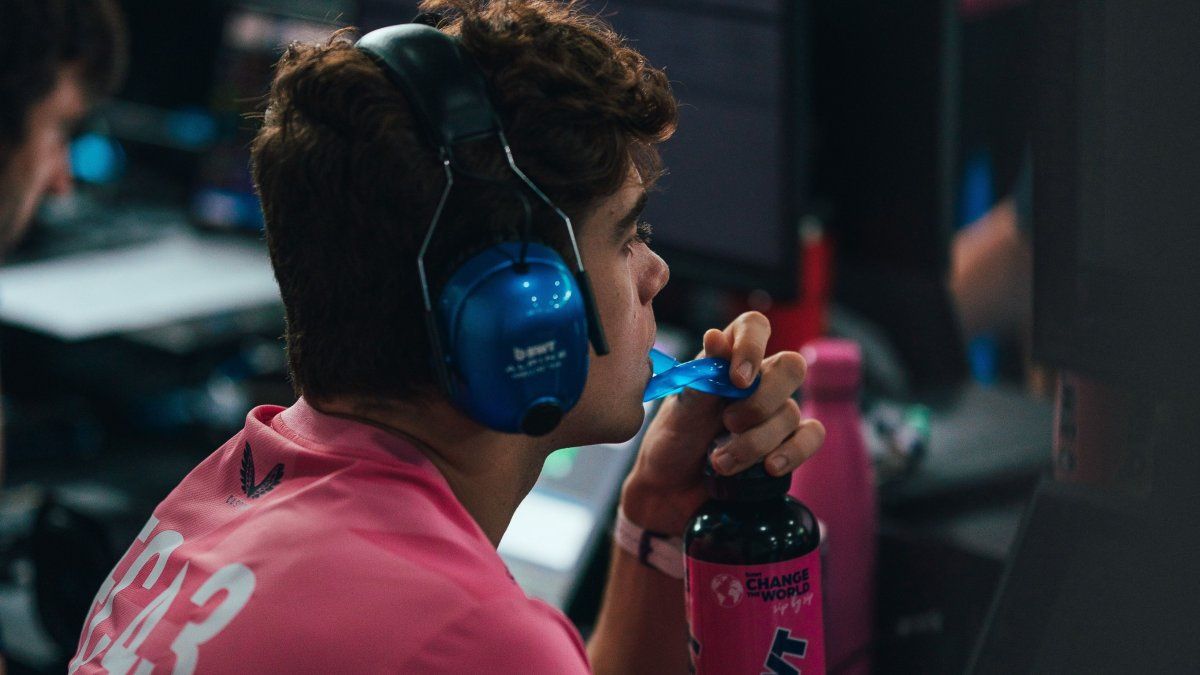KfW is supporting the economy in the pandemic with loan programs worth billions. Meanwhile, the demand is weakening. The development bank sees this as a good sign.
The state development bank KfW achieved the best half-year result in the past ten years. According to information from Wednesday, the group had a consolidated profit of 1.396 billion euros in the first six months of the year.
In the same period of the previous year, at the height of the Corona crisis, there was still a loss of 576 million euros. At that time, additional risk provisioning for loans and discounts on investments weighed on the balance sheet. These effects are now reversed, explained the outgoing KfW boss Günther Bräunig.
The banking group benefited from a stable operating result, positive developments in the value of investments and net releases of provisions for loans at risk of default. In the second quarter alone, the institute achieved a result of 827 million euros.
The demand for corona aid from the development bank fell as a result of the end of the lockdown. “Since the lifting of most of the pandemic-related restrictions, the German economy and, above all, many service companies are back on a strong recovery course,” explained Bräunig. “This means that the demand for KfW Corona aid is falling, and the focus is again on promoting structural transformation.”
The development bank supports, among other things, aid programs on behalf of the federal government, together with banks and savings banks, companies that have got into difficulties due to the pandemic. Since the start of the programs in March 2020, KfW has committed EUR 58.6 billion in loans in Germany and abroad (as of July 31).
The funding volume in the first six months amounted to 49.8 billion euros after 76.2 billion euros in the first half of 2020. Compared to the same period of the previous years, however, the volume has increased significantly, emphasized KfW. In Germany, support programs for energy-efficient building were in particularly high demand.
Bräunig’s successor will be the investment banker and longtime Citigroup manager Stefan Wintels (54) on October 1st. To accompany the transition, the 65-year-old Bräunig does not leave the institute until the end of October. Bräunig and Wintels will therefore act as co-bosses in October.
Jane Stock is a technology author, who has written for 24 Hours World. She writes about the latest in technology news and trends, and is always on the lookout for new and innovative ways to improve his audience’s experience.




